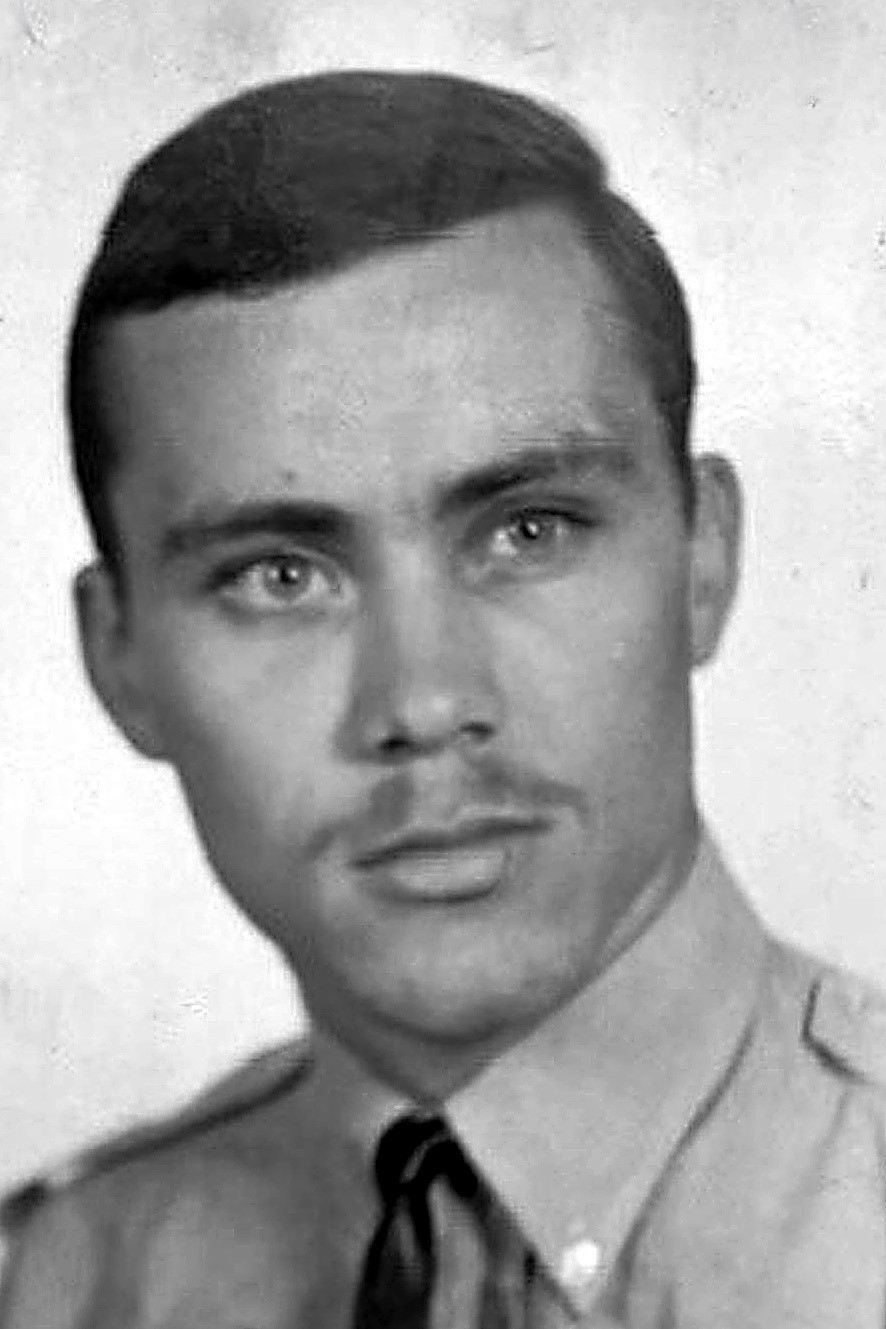Around the world from Hošt‘álkovice with a Norwegian passport in the pocket

Stáhnout obrázek
Kurt Schramek was born on 22 May 1946 in Mandal, southern Norway. His father came from Hošťálkovice in the Hlučín region and had to enlist in the Wehrmacht during World War II. He served in Finland and Norway. In a prisoner of war camp, he met a nurse, Margot, who gave birth to their son, Kurt. His father and family returned to Hošťálkovice via Germany. They planned to live together in Norway, but after the communist takeover in 1948, they were not allowed to travel together. Kurt, his mother and his younger sister had Norwegian passports, so they were allowed to travel. His father and two younger brothers were prevented from doing so by the regime. He grew up in Hošťálkovice. In 1964, he went to Norway and worked on an ocean liner for two years. He married in Sweden, worked on the docks and in the Volvo car factory. The whole family moved out of Czechoslovakia in 1968. At the time of filming in 2024, Kurt Schramek and his wife were living in Sweden near Gothenburg. He still spoke Czech well.















